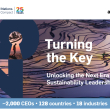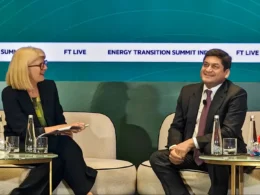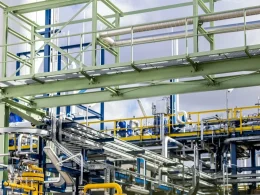Google has expanded its collaboration with carbon removal start-up Vaulted Deep in a bid to improve methods for measuring methane emissions and accelerate carbon sequestration. Under the agreement, which runs until 2030, Google will purchase 50,000 tonnes of CO₂ removals, underscoring its long-term commitment to tackling greenhouse gas emissions.
Vaulted Deep, founded in 2023 out of waste management company Advantek, specialises in converting organic waste into slurry and injecting it deep underground for permanent storage, preventing emissions that would otherwise be released into the atmosphere. The company first partnered with Google in 2024 on a carbon removal deal, laying the foundation for this extended collaboration.
Methane, a greenhouse gas around 80 times more potent than CO₂ in the short term, has become a key focus for climate mitigation efforts. The waste sector accounts for a significant share of US methane emissions, making it a critical area for rapid intervention. However, measuring reductions in methane emissions has proved complex, given variations in waste composition and management practices.
Through this partnership, Google and Vaulted Deep aim to develop robust, verifiable methodologies for tracking methane reductions, helping to strengthen confidence in emissions reporting and policymaking. Their joint work will include producing a scientific report, sharing results openly, and working with carbon removal registry Isometric to bring greater transparency and scientific rigour to methane measurement.
“This is a complex scientific challenge, and we’re tackling it with partners who share our curiosity and commitment to scientific rigour,” said Bryan Epps, head of commercialisation at Vaulted Deep. “We know the impact is there. The next step is proving it.”
Randy Spock, Google’s carbon credits and removals lead, said the initiative builds on the company’s efforts to address “superpollutants like methane, which warms the planet 80 times as powerfully as CO₂ in the near term.”
By combining carbon removal with improved methane accounting, the partners hope to provide new tools for industry, policymakers and communities to advance climate action beyond conventional CO₂ reduction strategies.
















